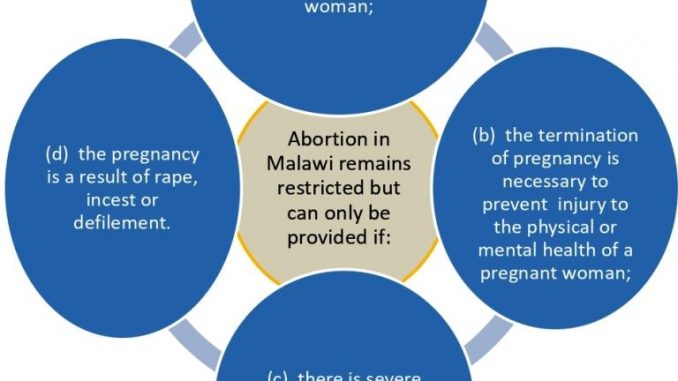
THE TERMINATION OF PREGNANCY BILL
Alarmed by the numbers of women who die due to unsafe abortions, the Ministry of Health requested the Malawi Law Commission to review the Penal Code provisions related to abortion. This is an abridged version of the Termination of Pregnancy Bill proposed by the Law Commission. The motion of the bill will be discussed in Parliament this week.
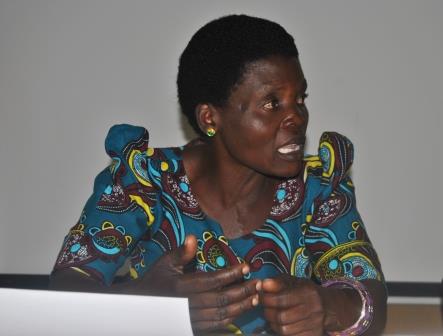
Short title and definitions (sections 1 and 2)
Section 1 describes the short title of the legislation which will be known as: Termination of Pregnancy Act. The Section also provides for the coming into operation of the Act.
Section 2 defines the terms used in the legislation including the meaning of “certified health service provider”
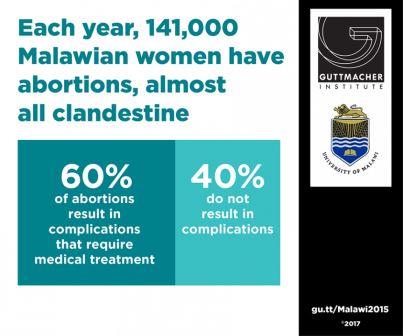
The permitted grounds for terminating a pregnancy (Section 3)
The Termination of Pregnancy Act would allow pregnancy to be terminated only in the following circumstances:
- The continued pregnancy would endanger the life of the pregnant woman
- To prevent injury to the physical and mental health of the pregnant woman
- There is a severe malformation of the foetus so that it cannot survive after birth
- The pregnancy is a result of rape, incest or defilement
Note, however, that:
- In the case of rape, incest or defilement, the incident must first be reported to Police before the woman can terminate the pregnancy in accordance with Section 3
· Socio-economic circumstances would not be taken into account, for example, a woman would not be allowed to terminate the pregnancy because she wants to continue with her education
· Termination of pregnancy shall not be provided on demand – This means that a woman does not ask for termination of pregnancy. It is the health provider, authorised under the law ( in other words, a certified health service provider), who assesses and determines whether the woman qualifies for termination or not.
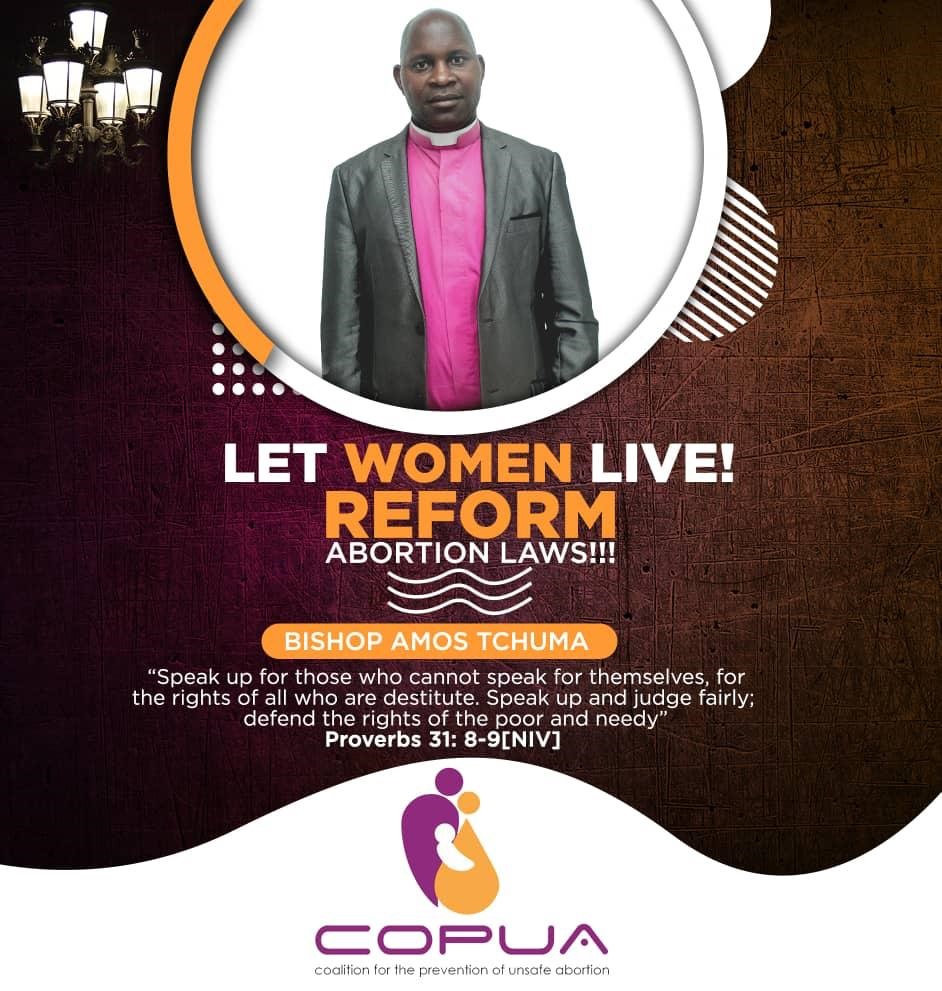
Places where termination of pregnancy can be performed (Section 4)
· Only at a facility approved by the Minister of Health by notice published in the Gazette
· In approving a facility, this is what the Minister would take into account
o A pregnancy of less than 12 weeks gestation may be terminated at a health centre or hospital
o A pregnancy of more than 12 weeks gestation may be terminated only at a hospital
Service providers who can terminate a pregnancy (Section 5)
· A pregnancy that does not exceed 12 weeks of gestation may be terminated by a medical assistant, nurse-midwifery technician, registered nurse or midwife
· Where the pregnancy does not exceed 14 weeks, a clinical officer may terminate the pregnancy
· A medical doctor may terminate a pregnancy at any age of gestation in accordance with the law
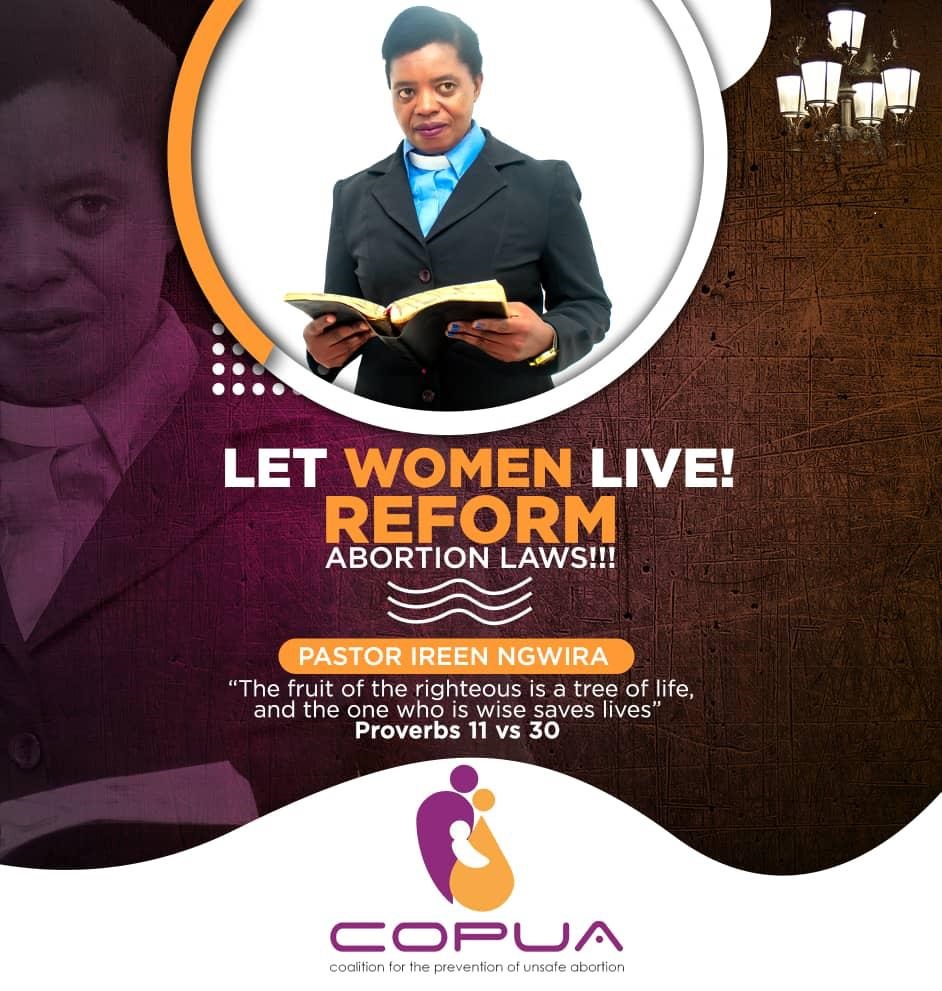
Mandatory counselling (Section 6)
· A health provider terminating a pregnancy shall provide counselling to the woman before and after the termination of pregnancy
· Such counselling shall include:
o Options of continuing or terminating a pregnancy
o Available methods for termination
o Long and short term effects associated with each method of terminating a pregnancy
o Emotional and psychological responses associated with each method of termination
o Family planning
Conscientious objections (Section 7)
· Where a person cannot perform a termination because of conscience, the person would not be under a duty to perform a termination of pregnancy
· A person who exercises the right to conscientious objection shall refer the pregnant woman to another provider who is willing to provide the service
o However, the referring person shall provide the pregnant woman with information about legal termination of pregnancy services
· The right to conscientious objection can only be exercised by a person directly involved in the termination of pregnancy
· The right to conscientious objection does not apply where the termination is necessary to save the life of the woman
To access termination on the grounds of rape, incest or defilement, a woman should provide evidence of the crime (Section 8)
· A woman seeking termination on the grounds of rape, incest or defilement must first have reported the incident to police
· Termination of pregnancy would, therefore, be performed only when the woman produces the police report to the health provider
· A termination of pregnancy on these grounds is allowed only when the pregnancy has not exceeded 16 weeks of gestation
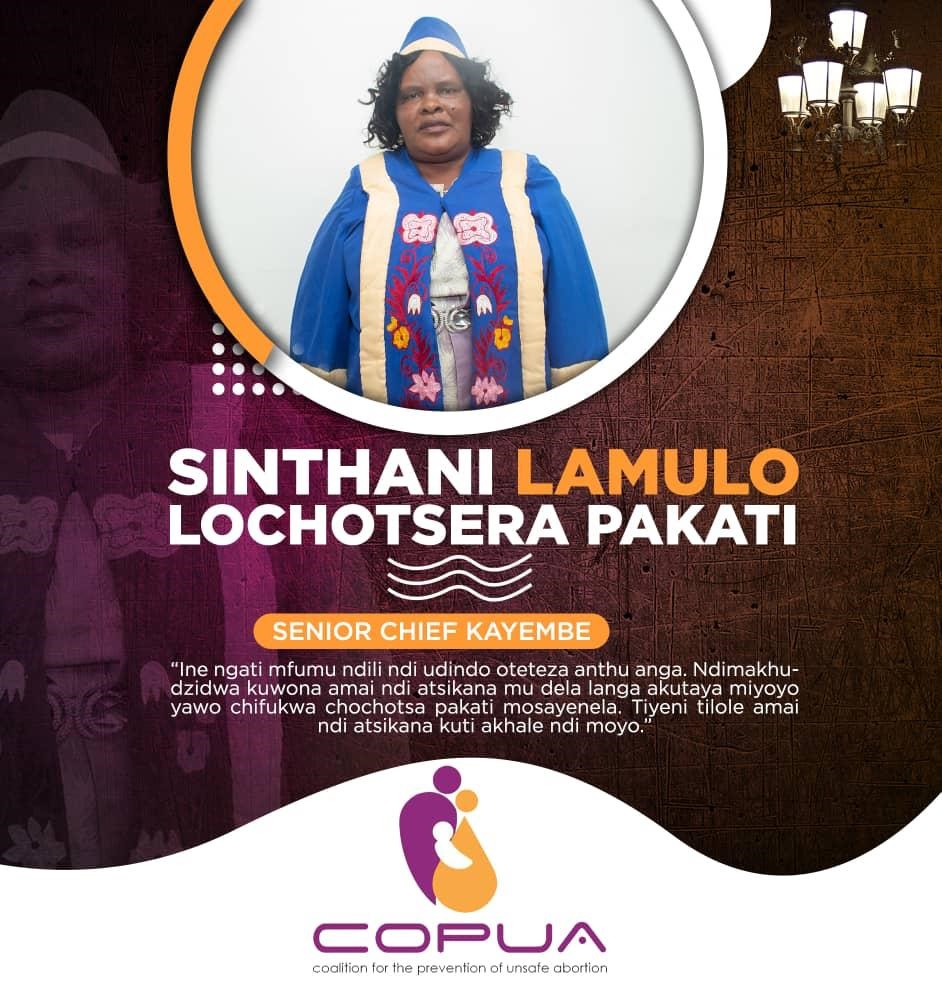
Consent (Section 9)
· Termination of pregnancy can only be performed with the consent of the woman
· If the pregnant woman is unable to provide consent, the health provider shall obtain consent from a legal guardian or next of kin
· In the case of a pregnant child, termination of the pregnancy can only be performed with the consent of the parent or legal guardian
o However, in the situation where consent of a parent or guardian may be difficult to obtain, a health provider may terminate the pregnancy if in his/her opinion, and made in good faith, it is in the best interests of the child to do so.
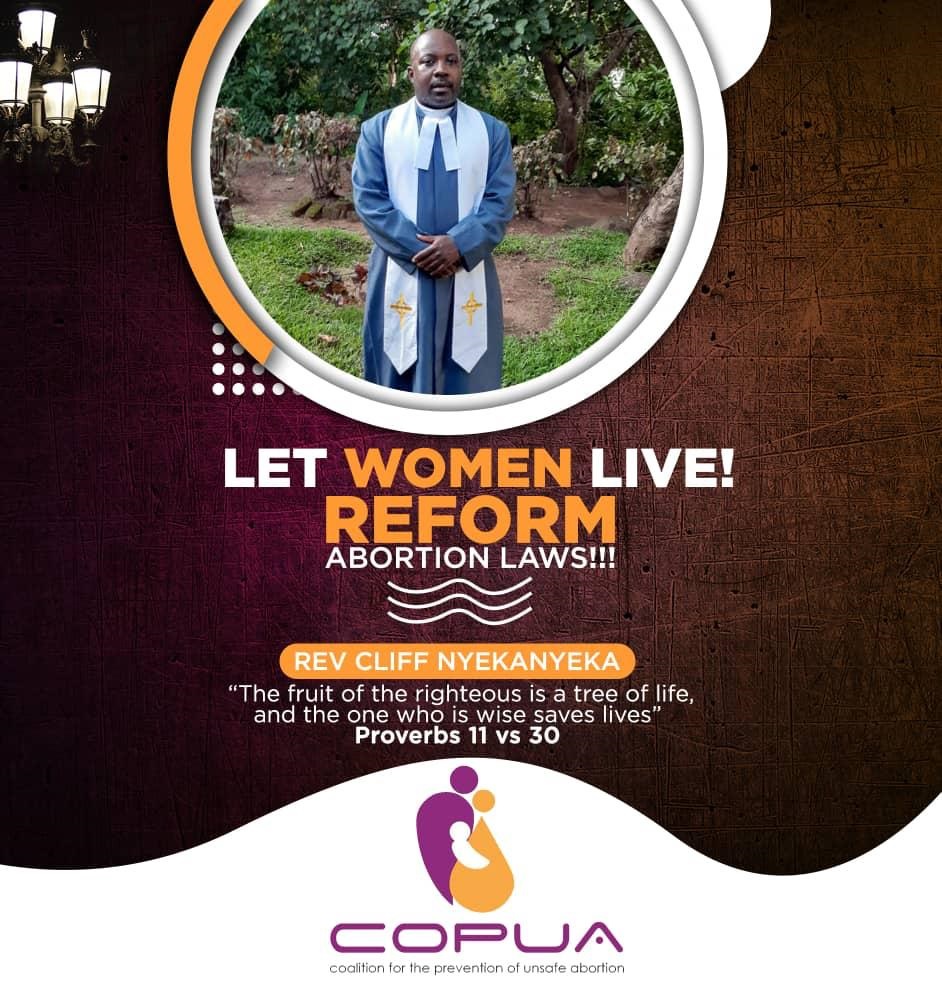
Confidentiality (Section 10)
· Information and records on termination of pregnancy shall be kept confidential except:
o When required by an authorised person, including the Minister of Health or registrar
o When required for research and statistics
o When required by an authorised police officer investigating whether an offence has been committed
o When required by a court order
o When the woman consents to the disclosure to any other person
Handling of grievances (Section 11)
· A pregnant woman has the right to lodge a complaint against a decision refusing her access to legal termination or pregnancy or any related services.
· The provision, therefore, sets up a complaint handling mechanism to facilitate the handling and determination of such complaints
Offences and penalties (Sections 12 to 16)
· Section 12: A person who performs a termination but is not authorised under the law (whether a health provider, a pregnant woman herself, or any other person) would be liable to 14 years imprisonment.
· Section 13: A person who does not provide counselling, or performs a termination without consent, or breaches confidentiality would be liable to a fine of up to MK 3,000,000 or 3-years imprisonment.
· Section 14: A person who makes a false declaration about rape, incest or defilement to obtain a termination of pregnancy would be liable to 5 years imprisonment.
· Section 15: A person who prevents a woman from accessing a termination of pregnancy when she is eligible under the law would be liable to a fine of up to MK 5,000,000 or imprisonment of 5 years.
· Section 16: A person who contravenes any of the provisions of the law where an offence and penalty has not been specifically provided would be liable to 5 years imprisonment.
Miscellaneous provisions (Sections 17 and 18)
· Section 17 empowers the Minister to make regulations for implementing the law
· Section 18 repeals Sections 149, 150, 151 and 243 of the Penal Code
